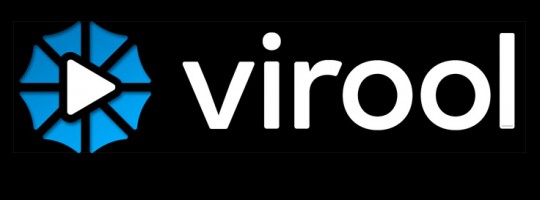The Potential Power Of Facebook’s Atlas Ad Server

Digital marketers have relied on cookies for years to measure and target their digital ad campaigns. However, these bits of code that are stored in Web browsers are increasingly outdated and unreliable. These days, cookies are widely considered to generate inaccurate estimates of how many users view an ad and how many times a specific user sees an ad. They are not considered reliable measures of clicks and sales, and they do not exist at all within the increasingly important world of mobile apps.
Facebook-owned Atlas is intended to take digital marketing beyond the cookie to produce accurate data about digital ads on both mobile and the Web, as well as to provide a method for connecting offline purchases and conversions to digital ads.
BI Intelligence created an in-depth report that discusses the key aspects of Atlas, which Facebook describes as “an ad serving and measurement platform that is based on data from real people and real actions.”
Some of the main takeaways from the report include:
- Facebook’s Atlas is an ad server that also allows ad buyers to measure, target and optimize digital and mobile ads across digital. In other words, beyond Facebook. Atlas operates separately from Facebook, and therefore does not access personal information from the platform or share marketing data with Facebook.
- The key selling point of Atlas is that it can provide information about the ROI of digital ads that goes well beyond cookie-based measurement. Marketers can focus on metrics beyond the last click, and can observe the multi-device process that often leads to either online or offline purchases.
- Atlas is intended to provide marketers with data to connect offline purchases to digital ads shown on mobile and the Web. To accomplish this, it must have access to advertisers’ customer data or consumer data from third-party data vendors.
- Due to the fact that cookies don’t work at all in mobile apps, Atlas has an especially strong advantage when it comes to measuring mobile ads. Atlas matches device-ID data with anonymized identity data of the user that accesses Facebook on the same device.
- Atlas works with ad buyers, not with ad sellers. Some major brands and agencies have already started using Atlas, while some are currently in a testing phase with the product.
- Although Atlas certainly has some significant advantages, BI Intelligence’s report discusses some of its limitations as well. One of the major hurdles described is that it may prove to be very difficult for Facebook to wean the digital media ecosystem off its well-entrenched reliance on Google’s DoubleClick platform.
Omnicom is said to be the first agency holding company to be testing Atlas. The firm is looking into ways to incorporate data from its data management platform, Neustar. As one example, the company is testing matching people in households who purchase a specific consumer packaged goods product to their Facebook IDs using Custom Audiences.
“And now with Atlas, you build Custom Audiences, and you’re able to then utilize that Custom Audience targeting and use the Atlas ad server to deliver that messaging off of Facebook,” explained Gerry Bavaro, chief strategy officer at Omnicom’s Resolution Media.
This example does illustrate the massive potential for advertisers, as well as the possibility for Facebook to challenge Google’s ad-tech dominance. There is a great opportunity for Facebook to connect Custom Audiences with Atlas to help brands target and measure ads that run outside of the social network.
“Custom Audiences is essentially the Trojan Horse by which Atlas has the reason and the higher ground to offer itself up as an alternative to Google’s DoubleClick for advertisers, because it’s potentially different and more special because they have this richer level of data,” said Jared Belsky, president of digital marketing agency 360i.
John Tuchtenhagen, senior vice president of media at marketing and technology agency Digitas, agrees that Facebook is in a valuable position for the future. “The key to the next three to five years of marketing is login data…and no one has it better lined up for marketers than Facebook,” said Tuchtenhagen.












Warning: count(): Parameter must be an array or an object that implements Countable in /home/pg4b1yzvrqqo/domains/test.drivingsalesnews.com/html/wp-includes/class-wp-comment-query.php on line 399